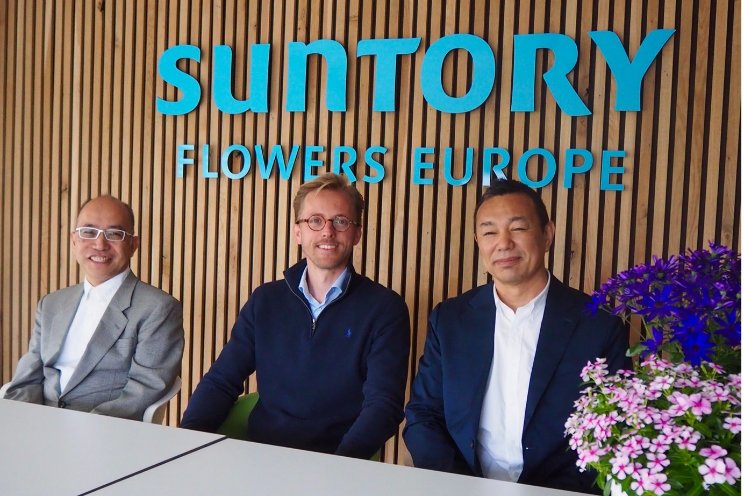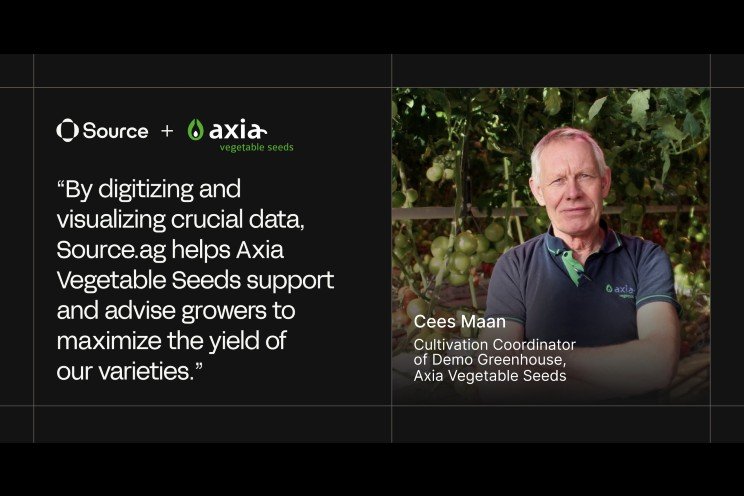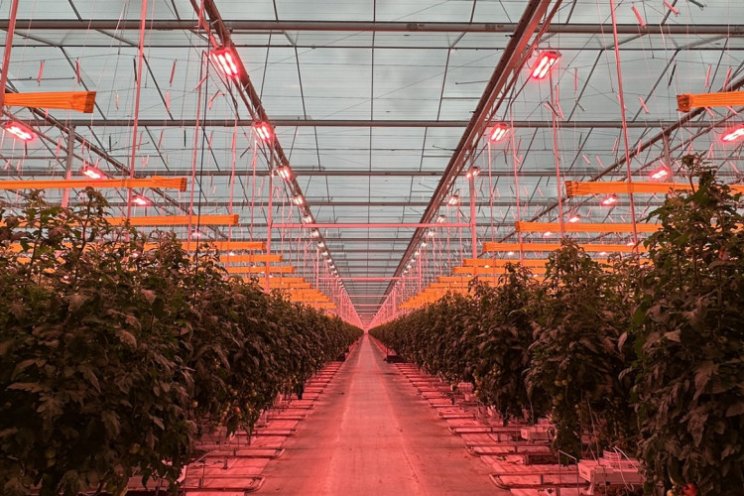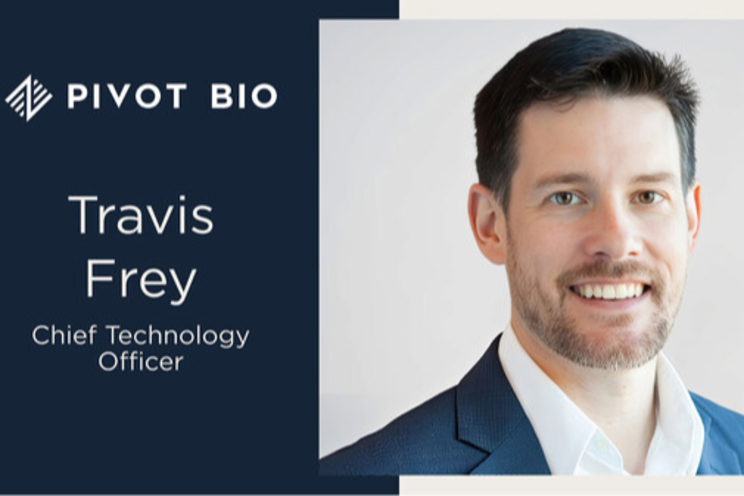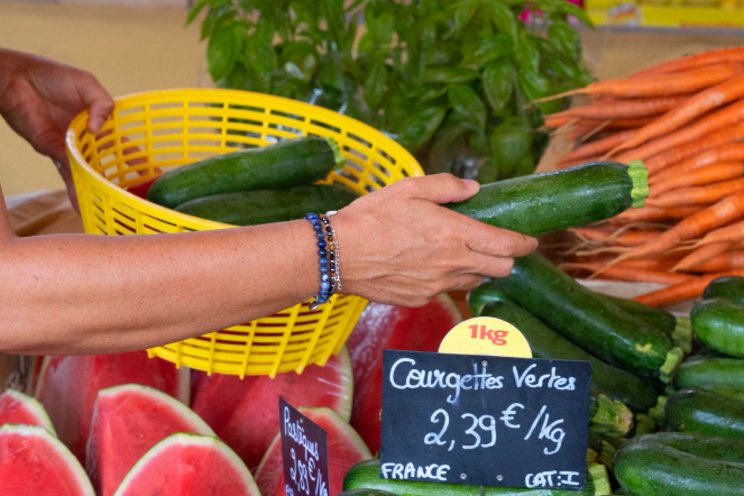HiTech farm can produce upto 8000 Kgs of veggies per day
Added on 08 March 2021
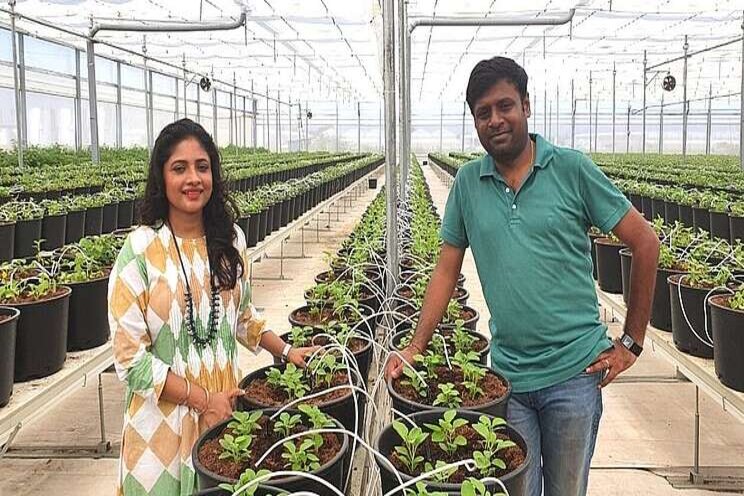
Born and brought up in Hyderabad, Sachin Darbarwar is a software engineer who spent close to 18 years in New Zealand and Australia before making the move back to Hyderabad.
"I had a very beautiful childhood in India and somewhere in the back of my mind, I knew I wanted to come back home. The only question was about what I would do here," Sachin tells The Better India. Though, it took a while to arrive at his next venture, Sachin, along with his wife Shweta, setup Simply Fresh in 2013 in Hyderabad's Shamirpet. True to its name, the brand aims to provide nutritious food that's free of chemicals and pesticides.
What got Sachin interested in this farm-to-fork venture was a concept called 'Talking to Plants'. Here, every stage of plant growth was monitored, nutrient supply recorded and the environment around it controlled.
To further explore this idea, Sachin started working with botanists, professors and others involved in the agri-space and says that he was actively working on decoding the signals that plants send out. These signals are how each plant reacts to the environmental changes in the greenhouse and how it reacts to the nutrient that it is being fed.
"It was during my work on the project that I realised the potential of using technology in the agriculture space. Having lived and breathed technology for so long in Australia, the idea of using it for something new fascinated me," he says. "To be able to get better produce by marrying technology to agriculture was the thought with which we started the company in 2013," he says.
A journey back to India

A look at the farm.
In 2013, Sachin and Shweta, started Simply Fresh on a land parcel of about 10 acres. "When we started out, it was an experiment and we wanted to see whether we could make a commercial success out of this," adds Shweta. She speaks about how one of the attractions at supermarkets in Australia were the wonderfully fresh produce that was made available for consumers. She describes the fresh produce as 'inviting' and felt that the same quality was not available in India. "The idea was to be able to bring that kind of quality and freshness to the produce being sold here as well," she says.
When asked if they had some connection to the agriculture space, Sachin says, "My grandfather was a farmer, with considerable land holdings. While my father did not go down the same path, I think it was there somewhere in my DNA." Before the couple set up operations in India, they set up a prototype in Australia and given how well it worked there, they started their first project in India. Starting with cultivating four acres, Sachin says, "We grew almost 150 varieties of vegetables, herbs, plants, and were supplying to supermarkets, hotels, and even various corporates around Hyderabad."
Understanding and profiling plants

Each plant is monitored.
Shweta says that they started with growing 14 kinds of lettuce, 10 different types of herbs, tomato, capsicum, peppers, and various microgreens. "We meticulously profiled each plant, from day zero to harvest and understand their nutritional requirements under various climatic conditions," she says. Just like the nutritional needs of a child changes from birth onwards, Sachin says that even plants need different nutrients during their life cycle.
In totality, plants consume 12 different nutrients, and Sachin says that the combination of these nutrients differs based on their stage of growth. "In summer, just how we like to stay away from oily and greasy food, even plants have a certain preference for what they like to consume in summer months. Technology helps us understand all this and more," he says. Adding to this, he says, "We call our farms as 'Precision' farms as we have combined hydroponics with AI Technology for food safety, traceability, and sustainable farming." Some examples of what is grown includes lettuce, vine crops, herbs, and microgreens.
Click here to read more.
Photo Courtesy of The Better India
Source: The Better India
More news
